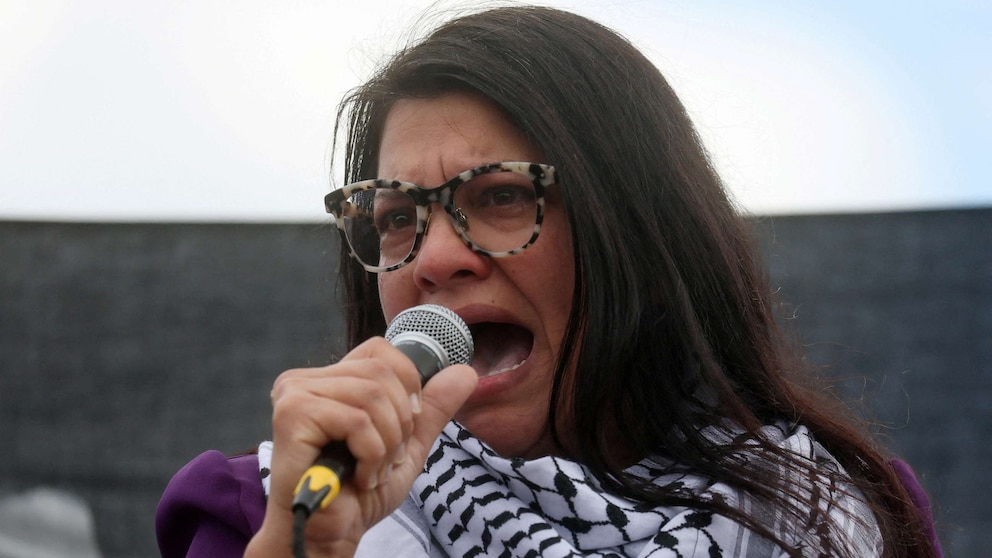Democratic Rep. Rashida Tlaib refused to apologize Wednesday for saying on Tuesday that Israel is to blame for the hospital explosion that day in Gaza, an accusation that sparked political backlash against her from Republicans as Israel denies fault.
Tlaib joined thousands of protesters calling for a ceasefire in Gaza during a solidarity rally hosted by the left-leaning group Jewish Voice for Peace at the National Mall. She was visibly emotional, at times pausing her speech to openly weep and criticizing lawmakers who have not backed a ceasefire resolution.



They’ve been indoctrinating children for decades. They’ve done it in UN-run schoolbuildings. They get caught with textbooks telling them to kill Jews, UN says stop it, they keep doing it.
They make little schoolchildren put on plays about the joy of killing Jews.
Blockade started in 2007. Israel left Gaza in 2005. Rocket fire started in 2001.
I don’t know which ceasefires you’re talking about offhand, feel free to help me out.
Rocket fire started in 2001 when, well, the specific trigger isn’t very clear, but let’s say it’s the breakdown of negotiations at the camp David summit. So the thing is, in 2005 when Israel disengaged from Gaza, they started periodically blockading it, and in 2006 (Hamas hadn’t even won the elections yet so they don’t even have that excuse) closed the final legal passage between Gaza and Israel. They also withheld Palestinian tax money from the PA (just to clarify, at the time the PA was Gaza and the West Bank, not only the West Bank like it is now) for more than a year, but that’s beside the point. Anyway they “lifted” the blockade in February, only the amount of exports they allowed was miniscule and could barely keep up with Gazan imports. This caused food shortages, prevented workers from crossing the border, y’know, classic blockade things.
What started in 2007 was the modern blockade, whereby Israel basically allows nothing other than some international aid to go to and from Gaza, but Gaza has been blockaded in some form since 2005. Only 13% of pre-blockade agricultural exports were allowed in the February 2006 blockade, for example. This is bad for an economy like Gaza that relies on agricultural exports.
Well there was one in 2008 and another 2012. In both basically the same thing happened: Israel and Hamas sign a blockade, Hamas stops rocket attacks, and polices other groups to make sure they follow suit (they weren’t 100% successful, but the effects were obvious; Hamas was following the ceasefire in good faith). Then they wait. The agreed upon time passes, even more time passes (the 2012 ceasefire lasted over a year) and the blockade still remains (hell, in the latter half of 2013 Israeli attacks against Gaza increased, even though they were against the terms of the ceasefire).
This is all about the ceasefires, the next paragraph is about the Palestinian unity government, which is sort of but not really related except also being a post-Intifada peace effort.
In 2013 the PA and Hamas came together and formed a unified government. There, both factions wanted peace and they both came together; if Israel had wanted peace there was no better opportunity than this. Well Netenyahu repeatedly opposed the unity government, didn’t lift the blockade and didn’t budge an inch from his stance on Palestine during peace negotiations with the PA. This meant, of course, repeatedly announcing the construction of new settlements in the West Bank, which made a breakthrough all but impossible. This isn’t my opinion, this is the American special envoy sent for the negotiations. So… Yeah.